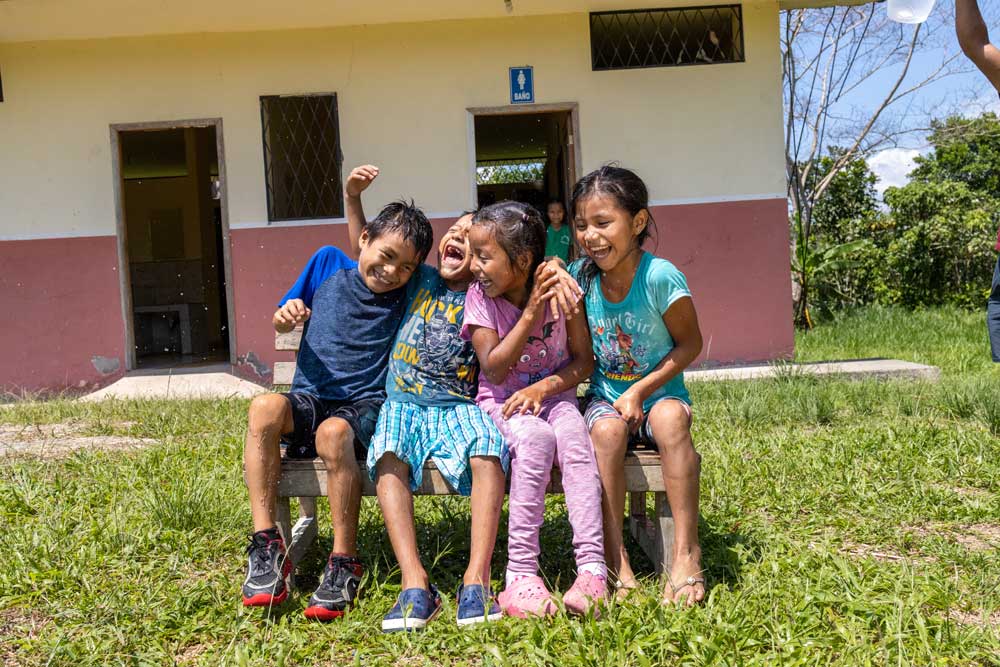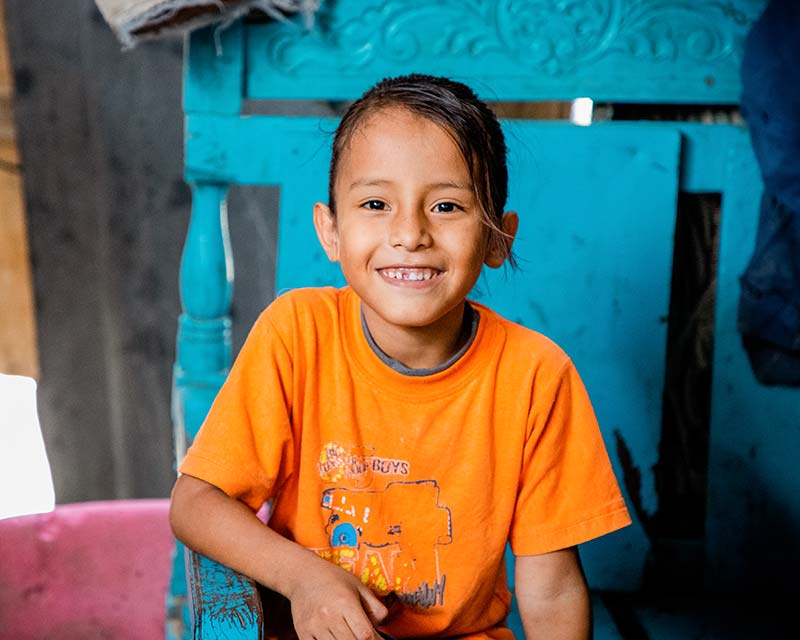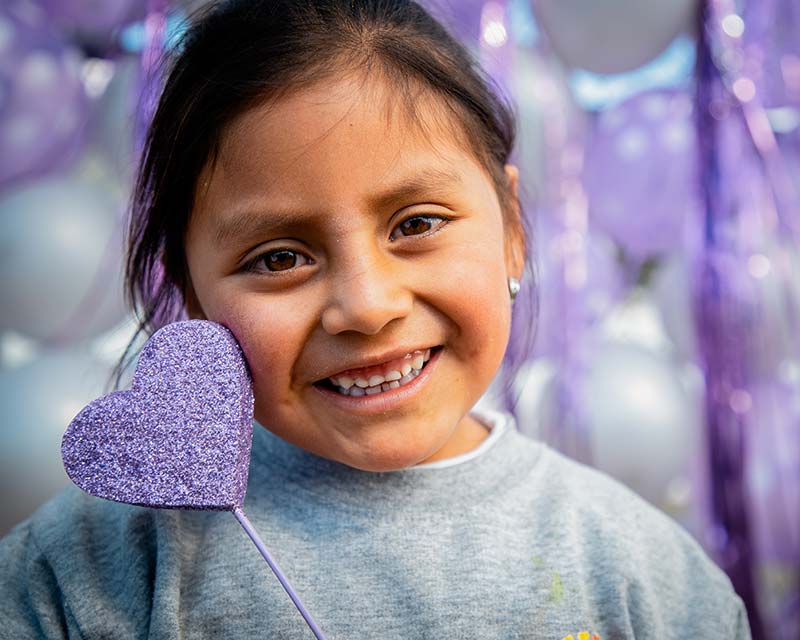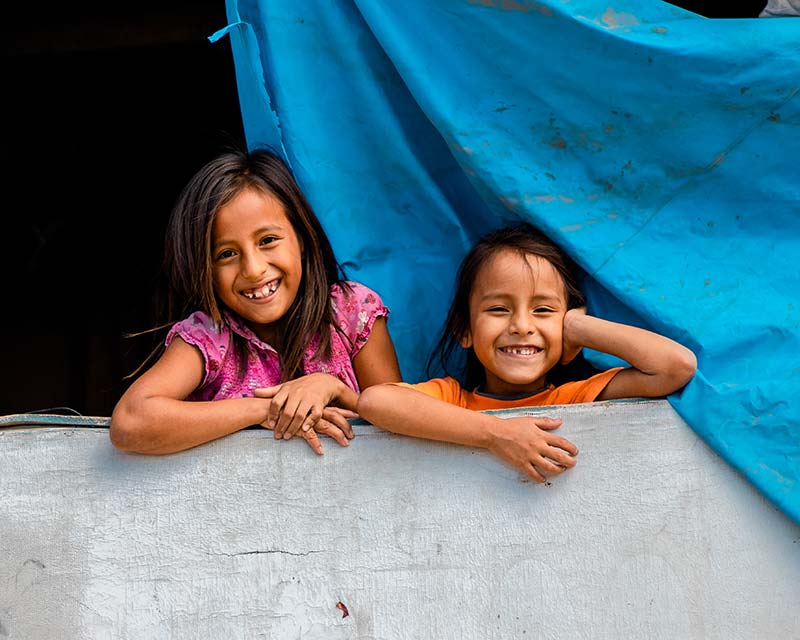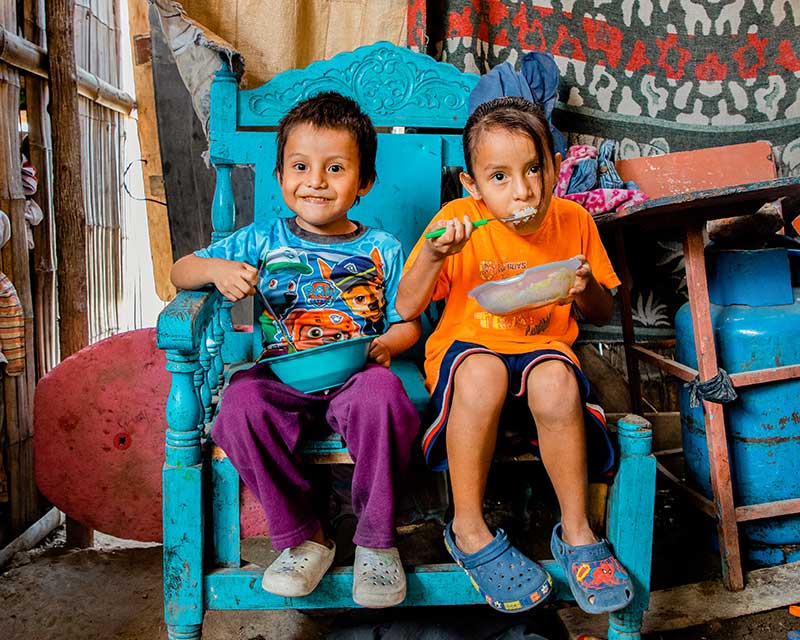Ecuador made big economic gains in the second half of the 20th century and many people benefitted. Yet millions still live in extreme poverty, with indigenous and minority groups the most disadvantaged.
Since 2015, Ecuador has received more than 1.2 million refugees from Venezuela, as well as some from neighbouring Colombia. The UNHCR estimates that up to 5,000 people arrive at the border daily, most hungry, vulnerable and desperate. Many of them pass through the country on their way to Peru, but a rising proportion are choosing to stay. Despite its reputation as Latin America’s top recipient of refugees, Ecuador is struggling to cope with the demand.
For children, access to education and medical treatment continue to be major hurdles, particularly in rural areas where incomes are lowest and services are not available. The public education system provides free schooling for all children, but the additional costs associated with education—including providing books and other learning materials, transport and food—mean that many children miss out.
This problem gets worse as the children get older, with many high school students dropping out of school to look for work instead. While this decision can increase their family’s income in the short-term, it can limit the children’s opportunities for higher-paid work later—and even put them in situations where they can be vulnerable to exploitation.
Hunger and malnutrition still affect many children, particularly in rural areas, where ongoing drought and soil degradation are resulting in smaller harvests. Farmers are finding it more difficult to feed their families.
Through all these challenges, the local church is a pillar of strength. Families find strong support to meet their practical, emotional and spiritual needs and look to the future with hope for their children.
READ MOREkeyboard_arrow_down
READ LESSkeyboard_arrow_up
